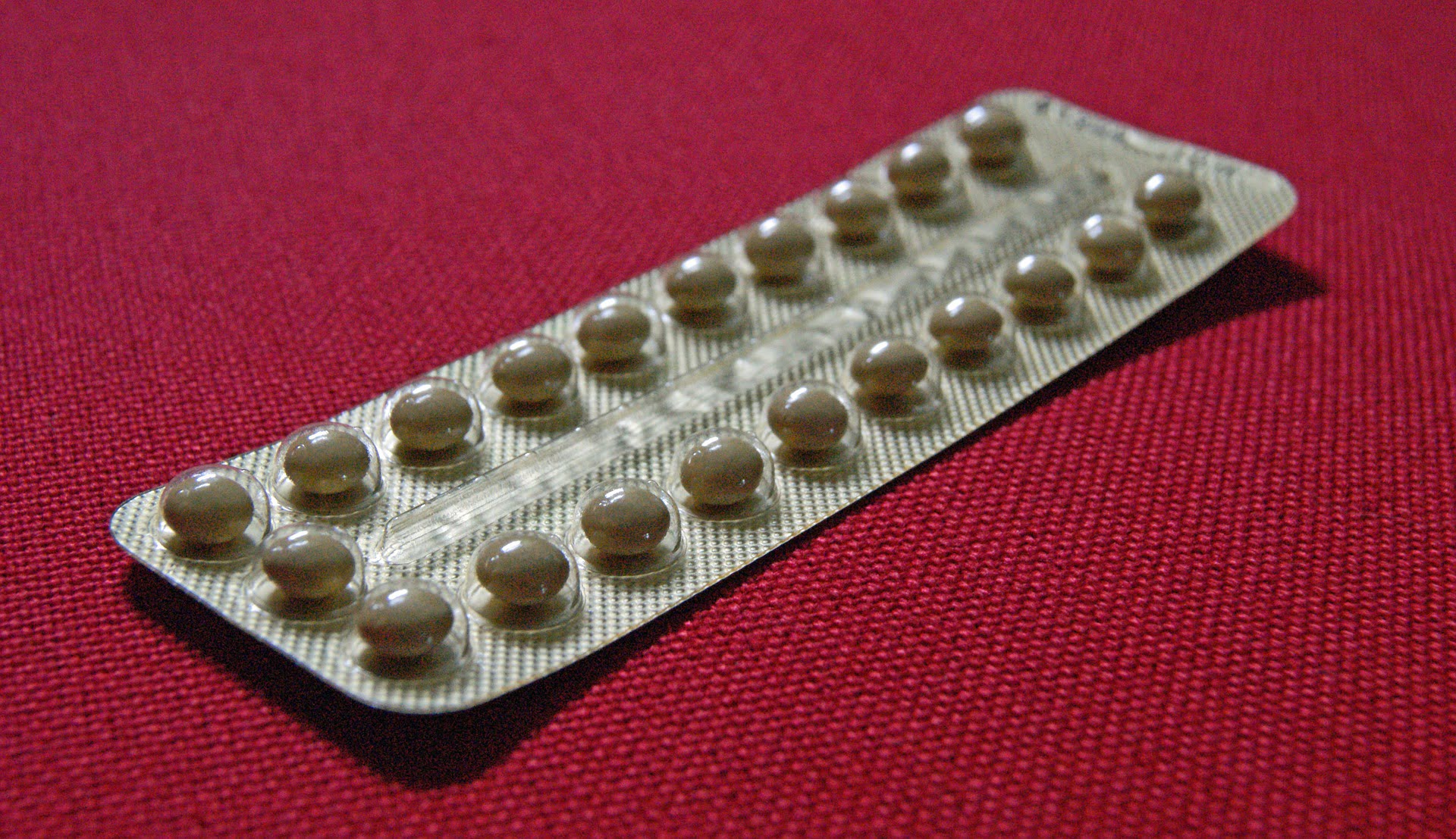A new ANSM study shows that after Lutéran or Androcur, three products from the same family present a “significant increased risk” of meningiomas.
As we already know, treatments taken by a large number of women have revealed their ability to promote brain tumors Lutenyl, Androcur, Luteran.
A large study by the French Medicines Agency (ANSM) shows that the risk linked to progestins is not proven for all the medicines in this family.
Progestins and meningiomas: conclusion
The ANSM summarizes the results of its study:
Prolonged use of promegestone (Surgestone 0.5 mg), medrogestone (Colprone 5 mg), or medroxyprogesterone acetate (Depo Provera 150 mg/3 ml) is associated with an increased risk of meningioma.
As a reminder, progestins are intended for the treatment of diseases such as endometriosis, infertility, but also to accompany menopause. And the contraceptive purpose is also sometimes sought.
Three new products
Beyond the first three known drugs, and as explained to AFP by researcher Alain Weill, at the head of the study based on a hundred thousand patients, “obviously there were concerns for a number of other progestins”.
And this was therefore the case at the end of the study for Colprone, Surgestone and Depo Provera, which greatly increase the risk of meningioma, respectively by 4.1, 2.7 and 5.6, when taken on a period of more than one year.
reassuring elements
However, other treatments show no risk, such as Utrogestan (progesterone), Duphaston and Climaston (dydrogesterone).
And an IUD delivering progestins is also not subject to risks. Half a million women would have recourse to it in France, estimate the researchers.
A doubt about dienogest
Emmanuelle Mignaton, president of the Amavea association, which brings together patients with meningiomas after taking progestins, told AFP:
There is still uncertainty hanging over this drug as it is touted by gynecologists as a miracle cure.
She talks about dienogest, which was not prescribed enough during the study period (from 2009 to 2018) to give rise to reliable conclusions.

